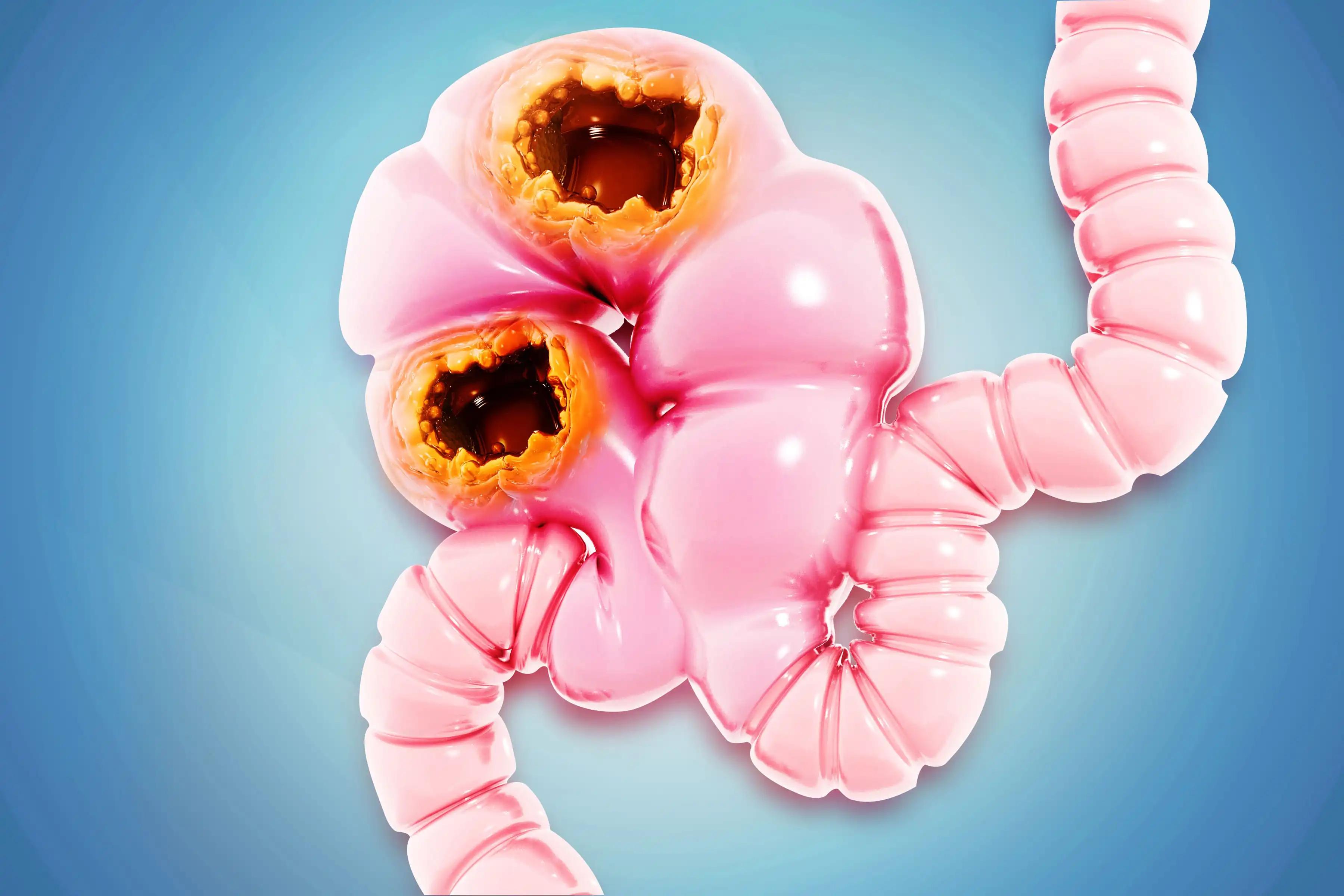KEY TAKEAWAYS
- The NICHE phase 2 trial aimed to investigate 3-year DFS in patients with dMMR colon cancer treated with neoadjuvant ipilimumab and nivolumab.
- The primary endpoint were to determine safety and DFS.
- Researchers observed 100% 3-year DFS in dMMR colon cancer with neoadjuvant ipilimumab and nivolumab, supported by negative ctDNA.
Patients with MMR-deficient (dMMR) colon cancer typically experience limited benefit from standard chemotherapy, with recurrence rates reaching up to 40% in stage 3 cases. In the NICHE-2 trial, previous findings demonstrated an impressive 99% pathologic response rate, with 95% of patients achieving major pathologic responses (MPR) and 68% achieving pathologic complete responses (pCR).
Myriam Chalabi and the team aimed to assess the long-term efficacy of neoadjuvant immunotherapy in dMMR colon cancer, focusing on 3-year DFS following treatment with ipilimumab and nivolumab.
They performed an inclusive analysis on patients with locally advanced dMMR colon cancer who received neoadjuvant immunotherapy. The treatment regimen consisted of a single dose of ipilimumab on Day 1 and 2 doses of nivolumab on Day 1 and Day 15, followed by surgery within 6 weeks. The study’s independent primary endpoints were safety and 3-year disease-free survival (DFS).
Previously, the safety endpoint had been met. For DFS, success was defined as a 3-year DFS rate of 93%, with 80% power and a 2-sided alpha of 2.5%, assuming an 82% 3-year DFS in historical controls. Additionally, circulating tumor DNA (ctDNA) was analyzed using the Signatera™ tumor-informed assay on plasma samples collected at baseline, Day 15, pre-surgery, and 3 weeks post-surgery (minimal residual disease (MRD) timepoints).
About 111 patients were included in the efficacy analysis, with 64% presenting cT4 tumors. After a median follow-up of 36.5 months post-surgery (range 7.8 to 83.4 months), all patients were alive, with no disease recurrences, leading to a 100% 3-year DFS. In 108 patients with available plasma samples, baseline ctDNA was detected in 92%. By Day 15, 45% of these patients had cleared ctDNA.
Although there were no differences at baseline, ctDNA levels on Day 15 and pre-surgery were significantly lower in patients with a pCR compared to those with MPR. Pre-surgery ctDNA clearance occurred in 94% of patients with pCR and 70% with MPR.
Among the 16 patients who remained ctDNA positive pre-surgery, significant reductions in ctDNA levels were noted, which included 2 out of 3 partial responders and the only non-responder. All patients were ctDNA negative at the MRD timepoint.
The study concluded that a 100% 3-year DFS was achieved in patients with dMMR colon cancer treated with 1 dose of ipilimumab and 2 doses of nivolumab before surgery. The survival data were further supported by negative ctDNA at the MRD timepoint in all patients. Additionally, on-treatment ctDNA dynamics offer a valuable monitoring tool for future trials focused on organ preservation.
The trial was sponsored by The Netherlands Cancer Institute.
Source: https://cslide.ctimeetingtech.com/esmo2024/attendee/confcal/show/session/116
Clinical Trial: https://clinicaltrials.gov/study/NCT03026140
Chalabi M, Van den Dungen L.D, Verschoor Y.L, et al. (2024). “Neoadjuvant immunotherapy in locally advanced MMR-deficient colon cancer: 3-year disease-free survival from NICHE-2.” Presented at ESMO 2024 (Abstract LBA24).



